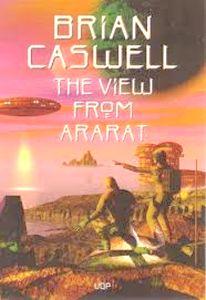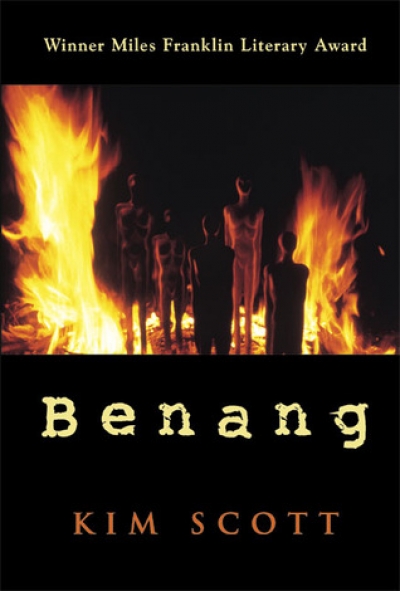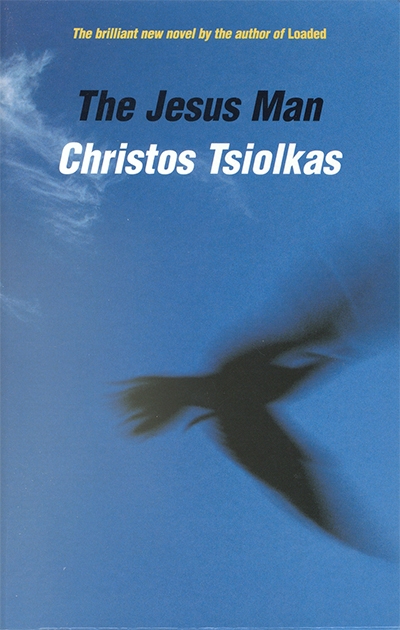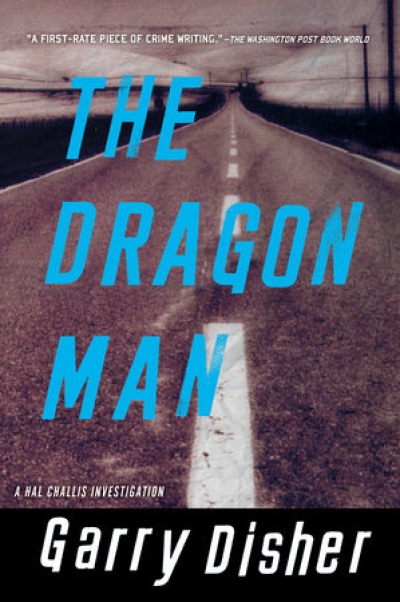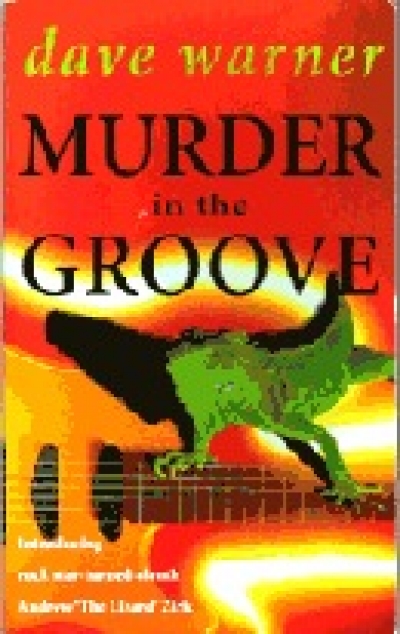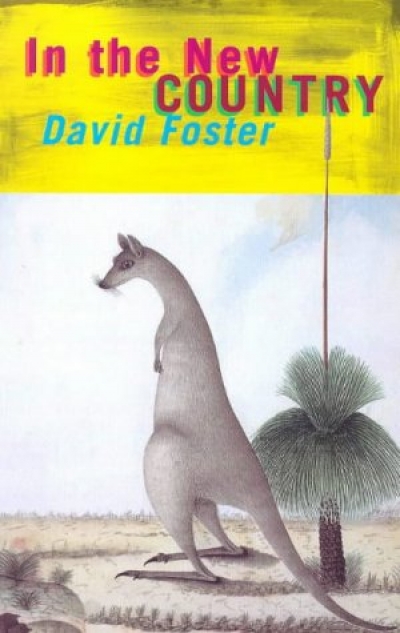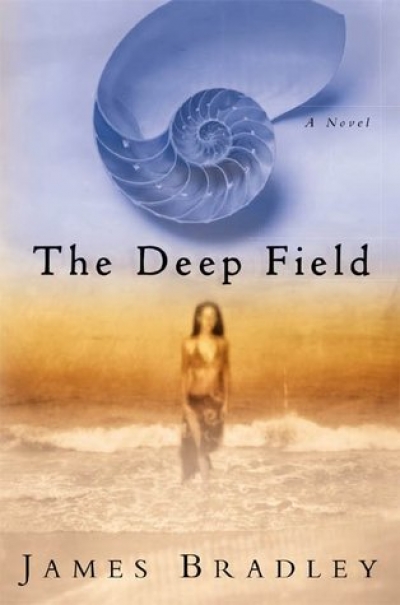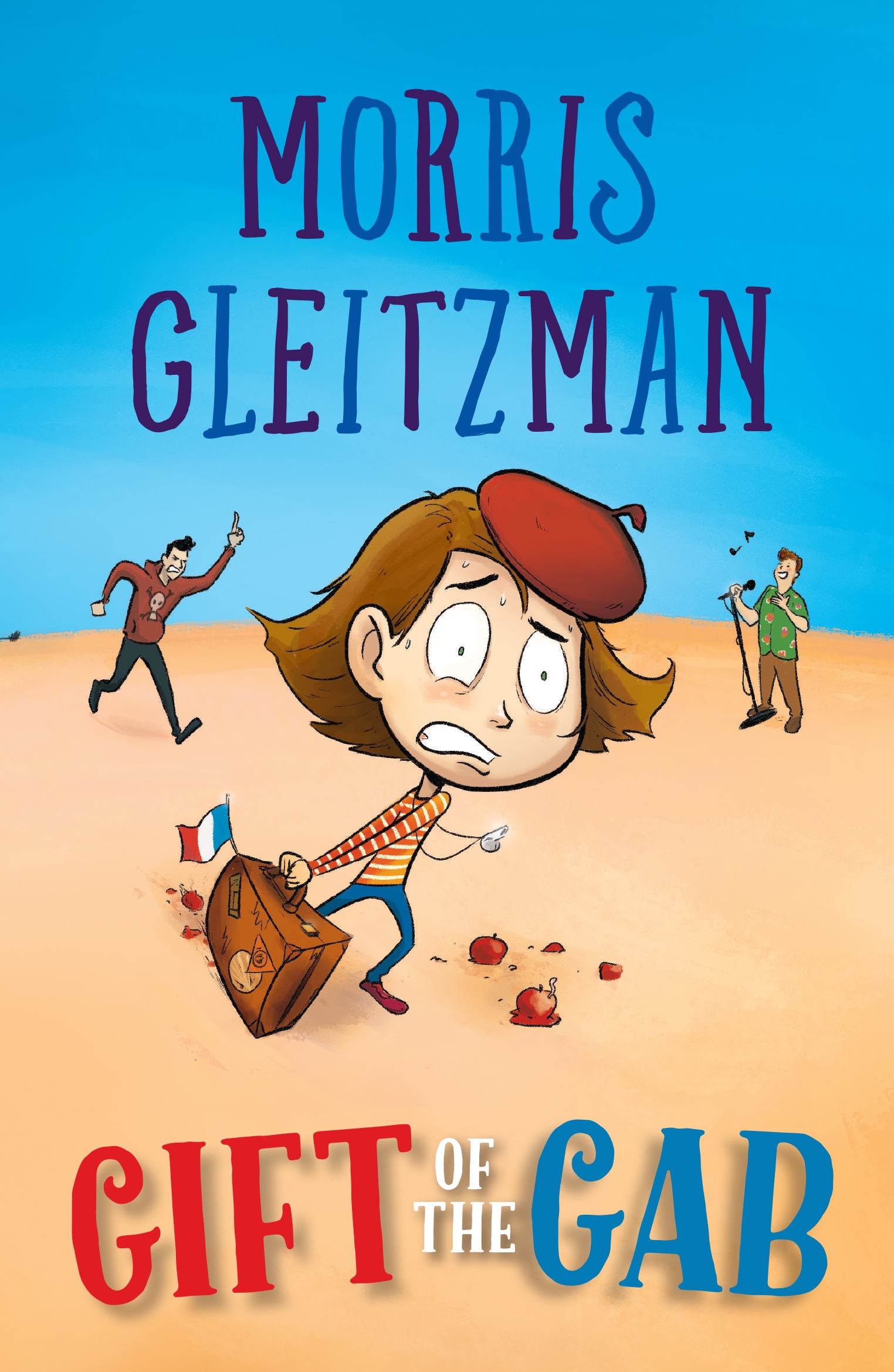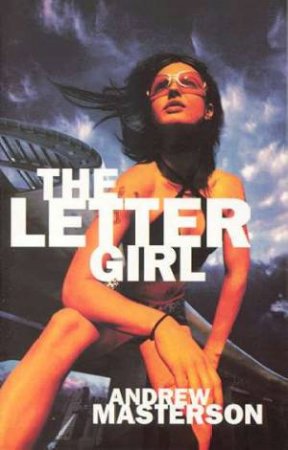Fiction
In the hierarchy of celebrity, there is one group of people constantly referred to with a casual, first-name intimacy. The ‘I don’t get out of bed for less than $10,000 a day’ brigade, the supermodels. Linda and Naomi, Christy and Kate. It’s not that we know anything about them as individuals, nor that they seem any more approachable than any other kind of late twentieth century celebrity. It’s the brand-name simplicity of their fame , the instantly recognisable qualities they incarnate. Recognisable at a glance, they are trademarks, bestowing their signature style on garments, products, publications, and boyfriends.
... (read more)The View from Ararat by Brian Caswell & Go and Come Back by Joan Abelove
For a reviewer, there’s always a temptation to seek a link when writing about more than one book at a time. In this instance, the link, if there is one, is that both these novels for young adults attempt to recreate other worlds, albeit in one case an imagined one, in the other a ‘real’ one. In other respects, however, they could hardly be more different. One credits its readers with intelligence and stamina, the other condescends to them.
... (read more)Kim Scott is described on the inside cover of Benang, his second novel, as ‘a descendant of people who have always lived along the south-east coast of Western Australia and is glad to be living in times when it is possible to explore the significance of that fact and be one among those who call themselves Nyoongar ...
... (read more)As I turned the last pages of Christos Tsiolkas’ new novel The Jesus Man, the news broke of the killings at Columbine High School. I had just noted that the novel reminded me of some feminist art from the 1970s in which a woman exhibited a series of used Modess, and that The Jesus Man was the literary and male equivalent – a series of used condoms. The Jesus Man will always exist between these two images for me. Tsiolkas makes a genuine effort to explore adolescent male sexuality and its connection to pornography and violence and how these relate to contemporary media and technologies, important issues certainly.
... (read more)Over the years, Garry Disher has made his considerable reputation as a crime novelist on the strength of his taciturn, emotionless, lone wolf criminal, Wyatt. It seems Wyatt has taken some sabbatical, or maybe he’s just lying low, planning his next heist, because The Dragon Man showcases all new characters in a new setting. Instead of a gritty, underworld perspective we have a law-enforcement point of view, mainly per medium of Inspector Hal Challis, whose beat is the Mornington Peninsula beachside area outside Melbourne.
... (read more)Dave Warner, one-time singer and satirist, has been at work as a detective story writer for a few years now, penning long excoriations of West Australia Inc. style shenanigans and, according to reports, working pretty much in the shadow of that L.A. master (with all his fizz and stammer and sparkle), the great James Ellroy.
... (read more)In the New Country by David Foster & Studs and Nogs by David Foster
At the end of The Glade Within the Grove, D’Arcy D’Oliveres coughs his way towards death from lung cancer. With him dies David Foster’s benign alter ego, the narrator of his comic Dog Rock novels. Of course, the ‘Arcy who narrated The Glade had become less sociable and considerably more learned than the postman of Dog Rock, but it seemed reasonable to assume that his demise marked the end of Foster’s fictions in the comic mode. Not so. In his latest novel he mixes a good-humoured third person narration with the kind of colloquial dialogues which dominated the MacAnaspie sections of The Glade. In the New Country gives us a funny, more accessible, and more conventional Foster.
... (read more)Anyone can write a book, a cynic once remarked, but bringing off the second is a devil of a task. Most novelists at the outset of their careers would agree, I think – especially these days when a market-driven publishing industry often demands that authors of successful first novels should come up with more of the same ASAP.
... (read more)With Gift of the Gab, Gleitzman continues the saga of Rowena Batts, the feisty twelve-year-old who previously appeared in Blabber Mouth (1992) and Sticky Beak (1993). Ro is the daughter of an apple farmer, a child with character, immense energy, and several problems: chiefly her inability to speak (she was born with 'some bits missing' from her throat) and her loving and much loved Dad. She copes with her vocal handicap through fluent sign language and a notebook at the ready, but Dad – an ardent country-andwestern enthusiast, given to cowboy boots, loud satin shirts and a penchant for off-key renderings of his favourite ballads at every opportunity – is harder to handle.
... (read more)The devil, as we know, quotes scripture for his own ends, and there was something devilishly confronting about Andrew Masterson’s first novel, The Last Days: the Apocryphon of Joe Panther (1998). It kept you on your toes, ducking and weaving with the punches of its arguments, its cleverly orchestrated quotes from the New Testament and the early church, its tossed off histories and heresies, its ultimate ‘what if ... ?’
... (read more)


